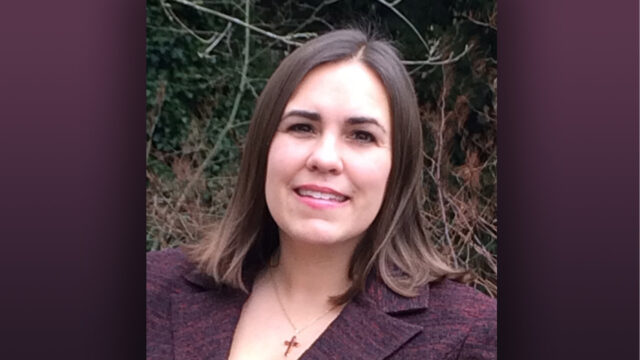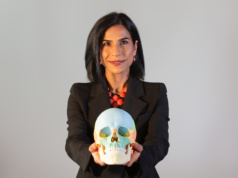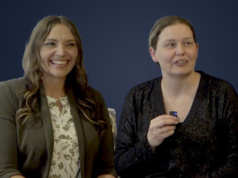If you’re single, it’s much harder to plan financially in advance for retirement, as there are more options available for married couples. To alleviate worries about finances and aging — or the possibility of an unhealthy retirement where you might face a chronic illness — you may want to research alternative living facilities on your own ahead of time, or prepare irrevocable trusts to preserve assets. Elder law attorney Andrea Lee from Legacy Estate Planning joins Suzanne Newman on the Answers for Elders podcast to talk about various ways single folks can protect their assets for retirement and beyond.
Andrea says, “I have found that frequently single individuals have a whole other set of challenges that they need to face when doing their estate and long term care planning. If there’s a spouse, there are significant things that we can do to preserve assets. And unfortunately, so many single people just don’t have those same resources. And it’s oftentimes a huge stress and a burden for them as they anticipate aging. Hopefully they’ve met with a financial advisor or someone who’s a little bit knowledgeable and developed a budget and a plan to make their money last.
“I have found that frequently single individuals have a whole other set of challenges that they need to face when doing their estate and long term care planning. If there’s a spouse, there are significant things that we can do to preserve assets. And unfortunately, so many single people just don’t have those same resources. And it’s oftentimes a huge stress and a burden for them as they anticipate aging. Hopefully they’ve met with a financial advisor or someone who’s a little bit knowledgeable and developed a budget and a plan to make their money last.
“There’s just so many conflicting priorities. If I had to choose, I would say the most important thing for an individual to do as they age… is always making sure that they have their power of attorney documents in place. I think one of the biggest challenges for single individuals, as well as for many individuals, is choosing your agents. For many married couples, there is an easy default, which is, ‘Hey, I’m incapacitated, it’s my spouse,’ and they feel comfortable they can rely on their spouse. If people have responsible adult children, the logical backup to the spouse are those adult children.
“But there is a huge segment of the population who are unmarried, and maybe they don’t have adult children, or maybe they have adult children, but they don’t have responsible adult children. They don’t have adult children who they are particularly close to, or who they think could act as a an appropriate agent. And then for those individuals, I have found that to be one of the most daunting decisions that they have to overcome. And it actually frequently creates a barrier to them even creating a plan or starting the process.”
Andrea adds, “I do recommend people plan to live to 100. Not many of us make it, but some do. So it’s better to plan for it. But for single people, especially if they are concerned about long term care, I do get that phone call frequently where somebody is saying I have adequate resources to pay for healthy retirement, but I am concerned about unhealthy retirement. I’m concerned about the stroke, I’m concerned about dementia, I’m concerned about ALS, or any type of [chronic illness]… For single people, unfortunately, there are not as many good options if you’re facing incapacity and needing long term care. What’s the priority? And it’s definitely putting in place that financial power attorney, putting in place that health care power of attorney.
“But I would say it’s also being much more conscientious about planning for the future incapacity and ensuring you have adequate resources and adequate plans to pay for that. If people are single, they have adequate resources, we want to look at long term care insurance. Is that a viable option for you? It’s important. It’s essential to have a housing plan in place. It’s essential to sit down and say, you know, if I become incapacitated, what do I want that to look like from a practical standpoint? Because you might not have a spouse to step in and make those decisions for you. And so the question is, ‘hey, can someone take care of me at home? Do I have the resources to hire someone if I don’t have family members who can step in? And if neither of those are true, what are the alternatives that I would feel comfortable with?’
“So the beauty is there are a lot of options available to single people, but don’t wait to plan. Sit down with an estate planning, an elder law attorney. Sit down with your family members, and have that hard conversation about what can people do for you, what are their boundaries.”
Learn more:
Check out our affiliate podcast Alzheimer’s Speaks.













